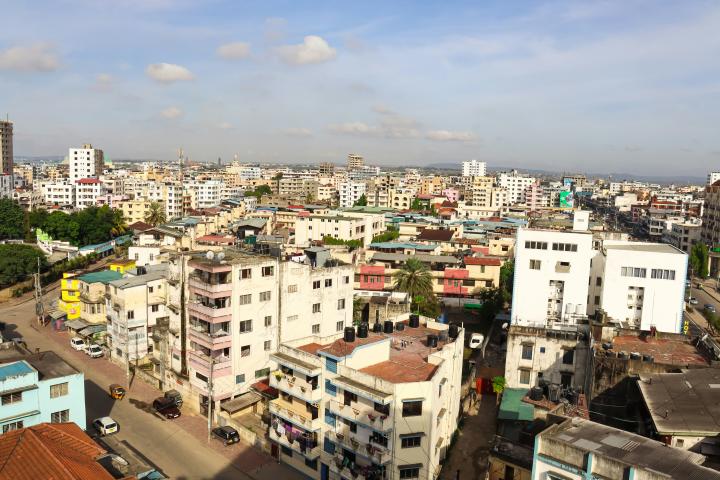Nick Simpson participates in IPCC Special Report on Climate Change and Cities Lead Author meeting

Dr Nicholas Simpson, Lead Author and co-Director of the Climate Risk Lab at the African Climate and Development Initiative (ACDI), University of Cape Town, played a key role in the Second Lead Author Meeting of the Intergovernmental Panel on Climate Change (IPCC) Special Report on Climate Change and Cities, held in Mombasa from 21–25 July 2025.
As a Lead Author of Chapter 1, Dr Simpson is responsible for framing the report and delivering assessments in line with the mandated outline. His work focuses on developing the assessment framework for climate change risk in cities, advancing understanding of climate-resilient development, strengthening climate information services, and contributing to a regional assessment of effective climate action in African urban contexts. ACDI Director Professor Gina Ziervogel is also contributing to this chapter as a Contributing Author.
“This chapter sets the foundation for the entire Special Report on Climate Change and Cities, as well as the 7th Assessment Report of the IPCC,” said Dr Simpson. “It’s an opportunity to ensure that African cities are not only represented but that their unique challenges and innovations are central to global climate change response.”
The meeting convened nearly 100 authors from more than 50 countries to advance the First Order Draft of the IPCC’s only special report in the Seventh Assessment Cycle, scheduled for release in March 2027.
In addition to his authorship role, the Climate Risk Lab’s work was highlighted during an outreach event on Climate Change and Sport, hosted by the Government of Kenya and led by collaborators Joyce Kimutai, Philip Osano, and Jackson Tuwei. The event focused on deepening understanding of climate risk to sport and physical activity and showcased how sport can be a powerful platform for climate awareness and resilience—particularly in African cities.
Dr Simpson’s contributions underscore the importance of African-led research and innovation in shaping global climate policy and strengthening urban climate resilience.